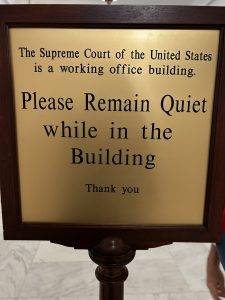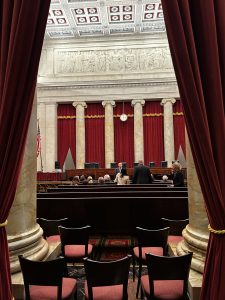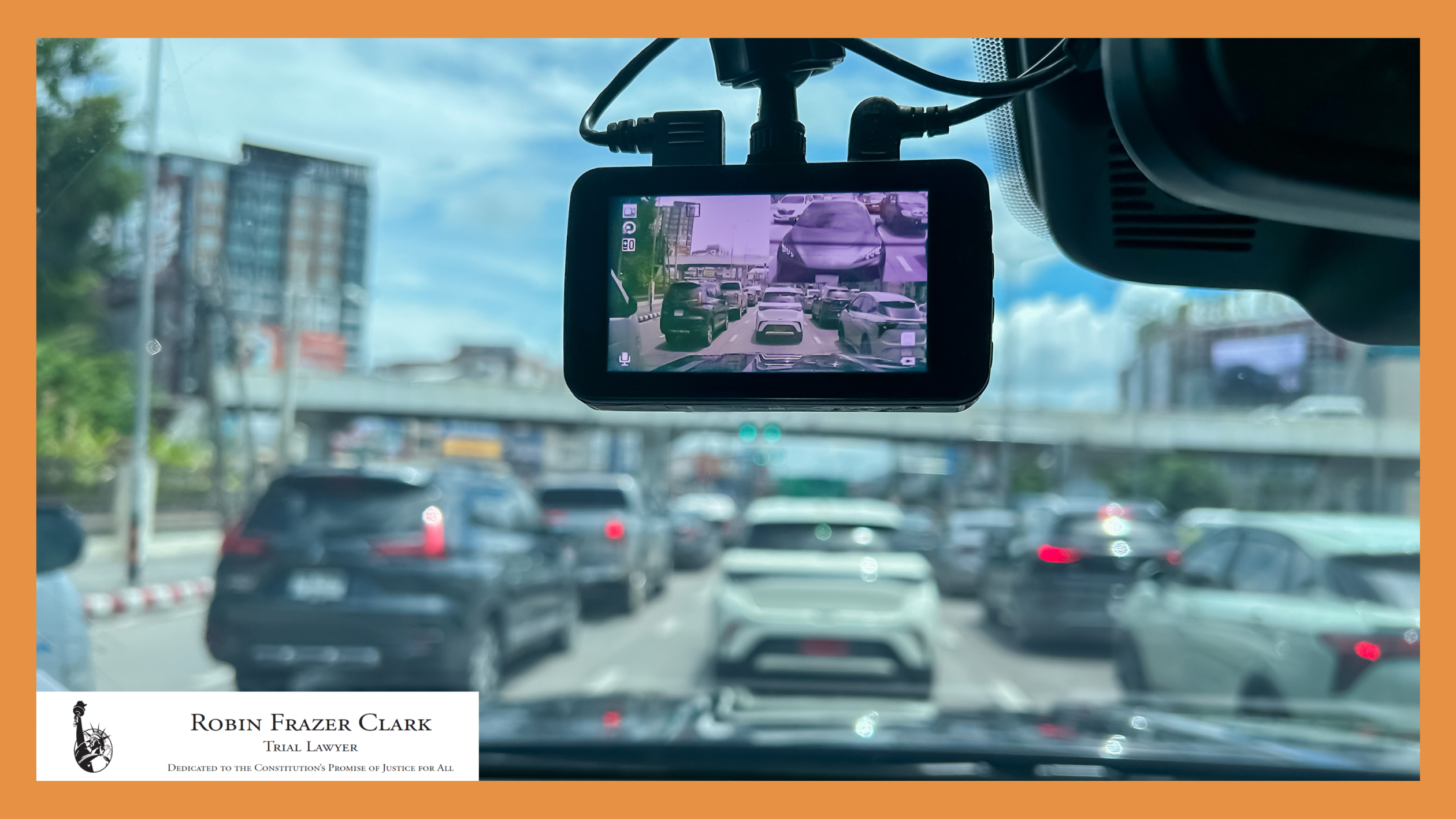
- Never step out of an elevator without first looking down at the threshold to make sure it is level with the floor. (Elevators mis-level a lot and one that is not level with the floor can trip you and cause horrible injuries.);
- If you have a private elevator in your home or home office, never get on it without your cell phone. A private elevator often malfunctions. It can get stuck in between floors or the door can get stuck on and not open. Don’t rely on any installed telephone in the elevator. You may not have service. Always take your cell phone in the elevator with you to call 911 in an emergency.
 Atlanta Injury Lawyer Blog
Atlanta Injury Lawyer Blog




























